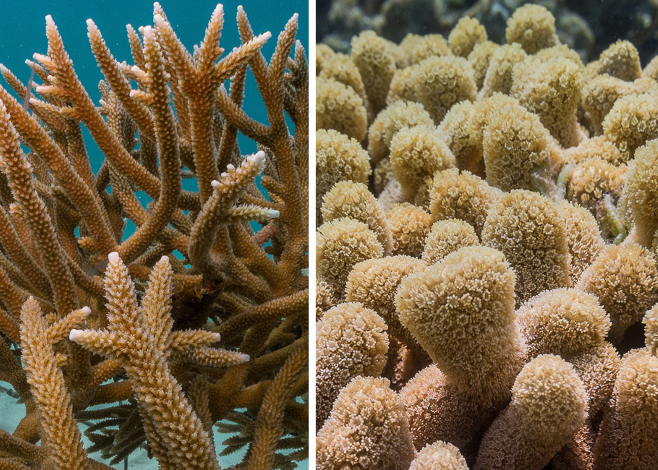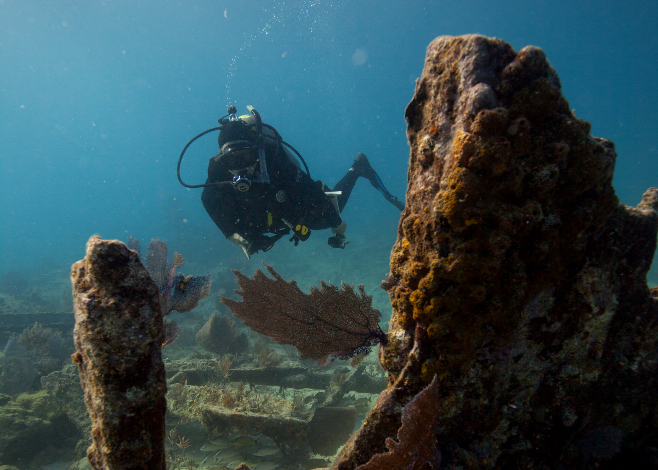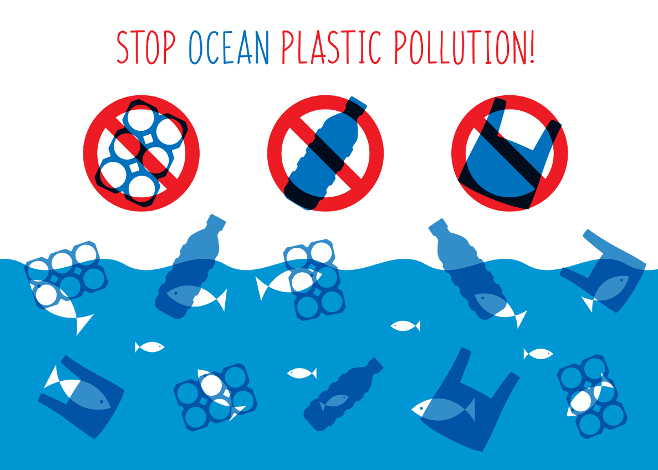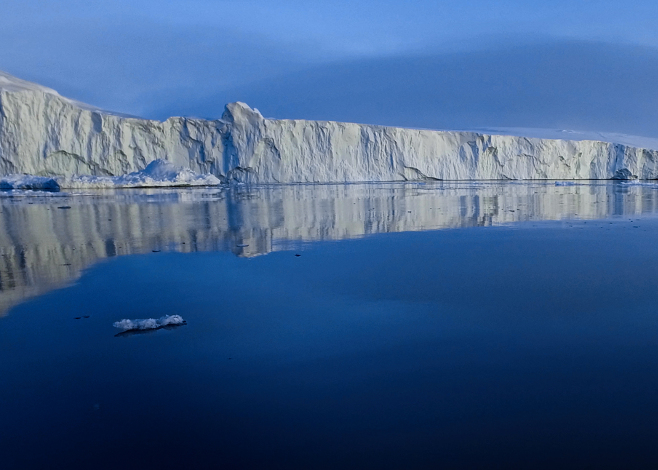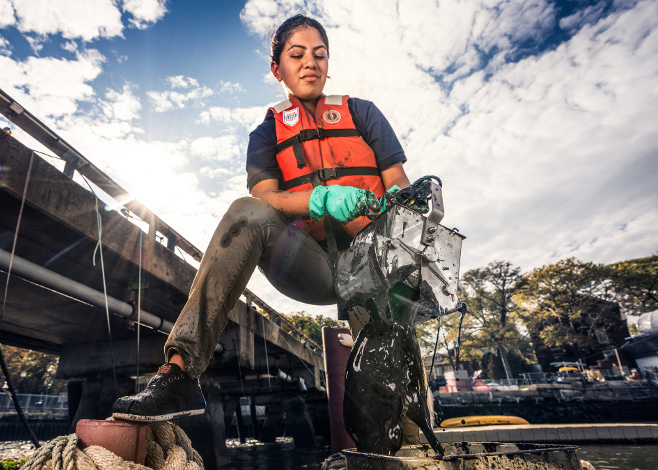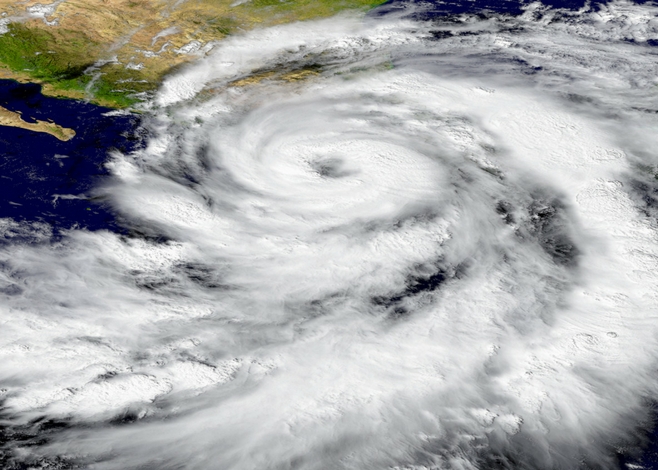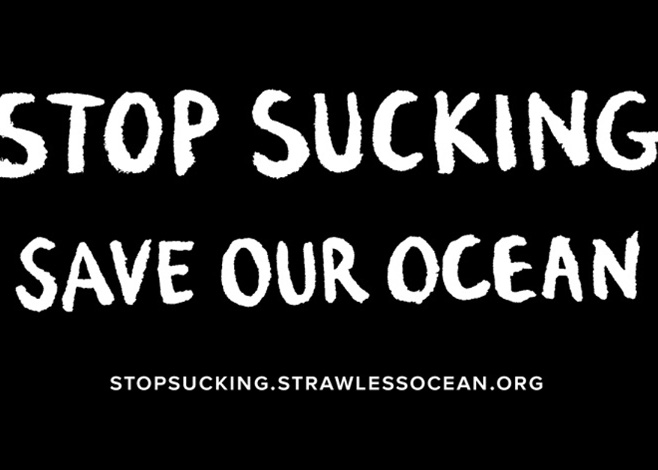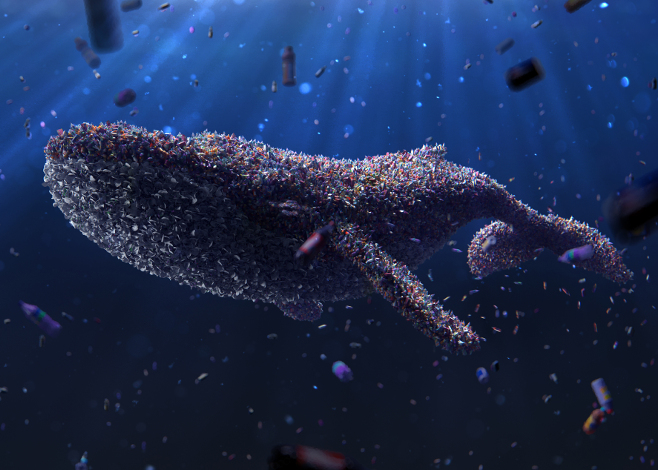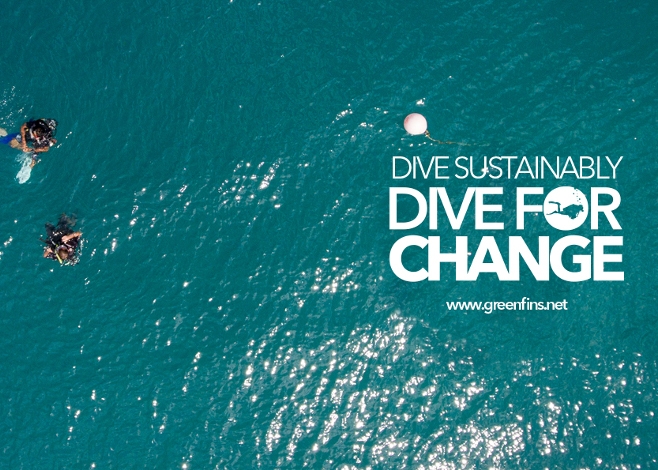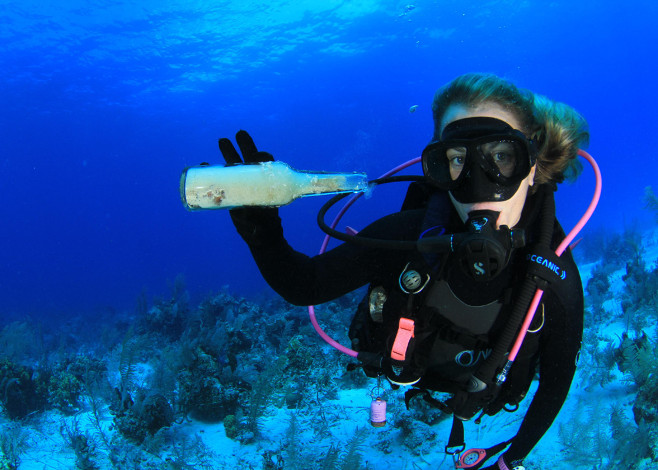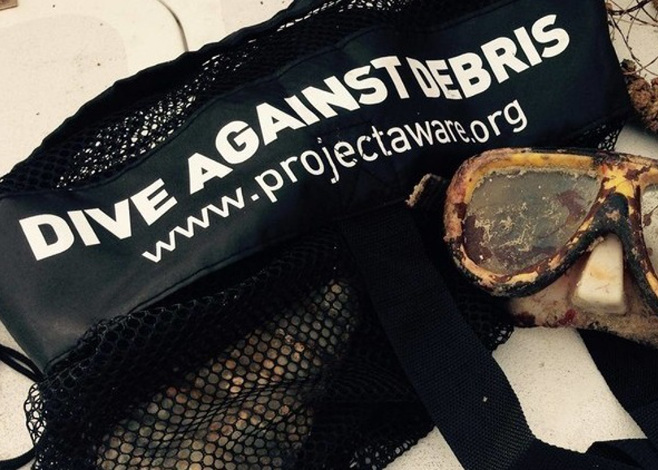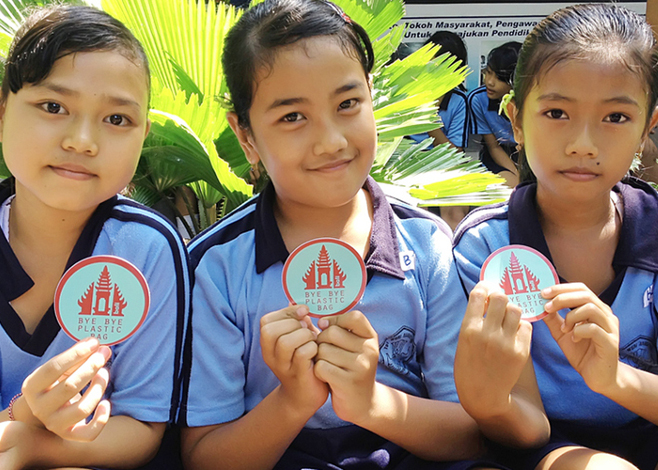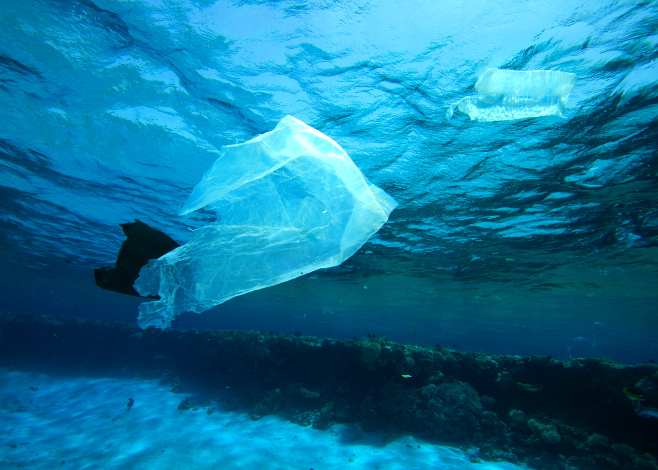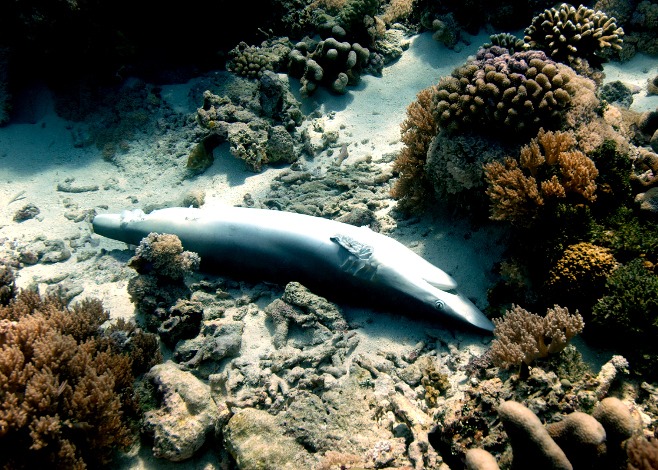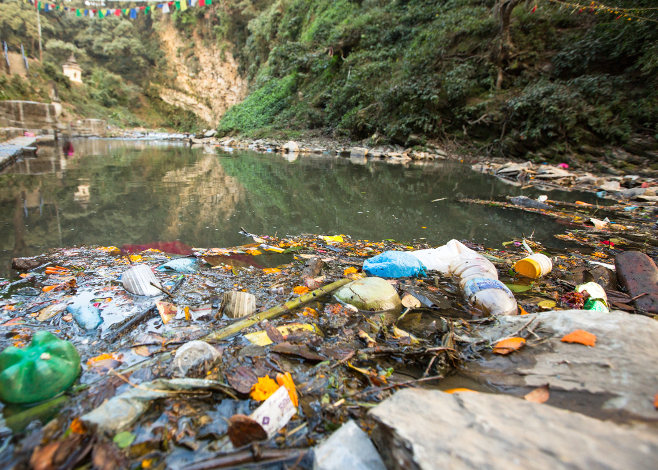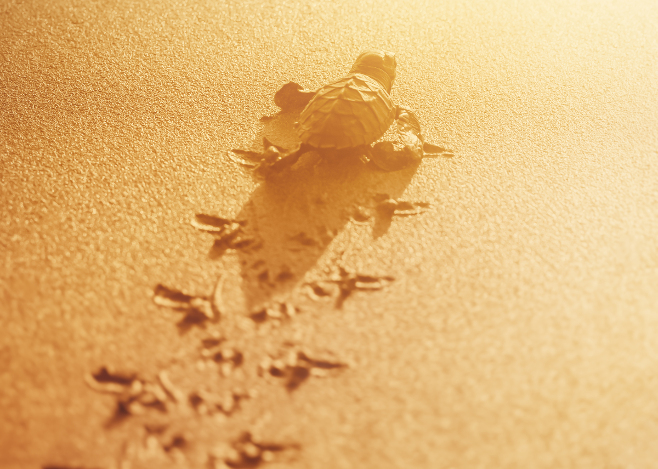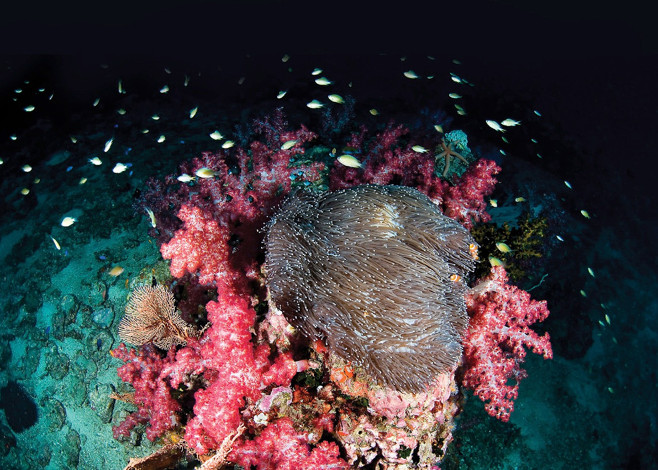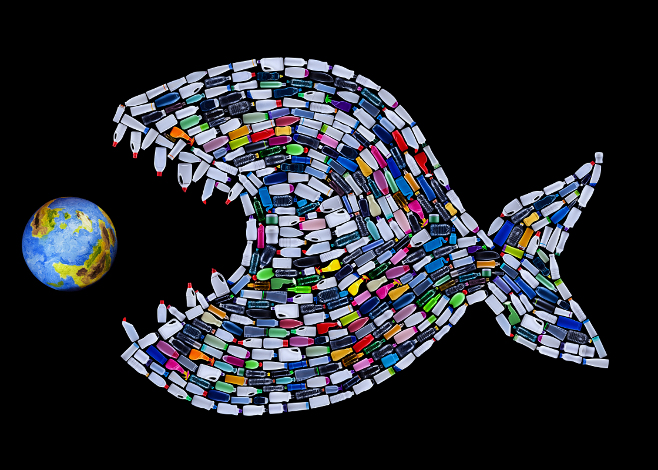Acropora corals, commonly known as staghorn or elkhorn corals, are one of the most abundant — and recognizable — corals worldwide.
Conservation
National marine sanctuaries protect some of the most spectacular ocean and Great Lakes resources in the United States, including shipwrecks like the City of Washington.
The United States, China and India have rejected a U.N. resolution calling for targets to tackle ocean-plastic waste
In a spot of good news for the fish of the Arctic Ocean, the world’s major fishing nations have agreed to halt commercial fishing in the Arctic.
One of the planet’s most diverse environments once contained 220,000 acres of oyster reefs. Now decimated, young scuba divers and students from the Billion Oyster Project are working to restore it.
Hurricane Irma has changed the underwater landscape of the Florida Keys. But the reef ecosystem is beginning to recover — with a little help.
Straws are a major problem for marine life, among other plastic detritus. Next year, take the pledge to #stopsucking and say no to straws.
In this series of articles, we’ll profile conservation organizations focused on ocean protection. Today we’re chatting with Roberta Dixon-Valk, co-founder of Take 3 for the Sea.
2017 was the International Year of Sustainable Tourism for Development. What does that mean and what has Reef-World done to advance the cause?
Diving against debris not only has the obvious positive effects for marine life and our ocean but is also now helping drive policy changes for a cleaner future.
Project AWARE has launched a Dive Against Debris app, allowing divers to catalogue what they see underwater and spread the word about marine trash.
In this series of articles, we’ll profile conservation organizations focused on ocean protection. Today we’re talking with Melati and Isabel Wijsen, the teenage founders of Bye Bye Plastic Bags.
Another country joins the list of nations that has instituted a plastic bag ban
Earlier this month over 85 surfers, surf businesses and surf publications sent a letter to Congress in support of the Shark Fin Trade Elimination Act
Researchers may have come one step closer to identifying the ocean-plastic supply chain, as it seems most ocean plastic may come from only 10 rivers
In a rare bit of positive conservation news, sea turtle conservation efforts seem to be paying off.
Reef World Foundation and its Green Fins members celebrate the third International Year of the Reef
Researchers have found that fish often mistake the scent of plastic for food, which means ingestion of this deadly material may not always be accidental.


